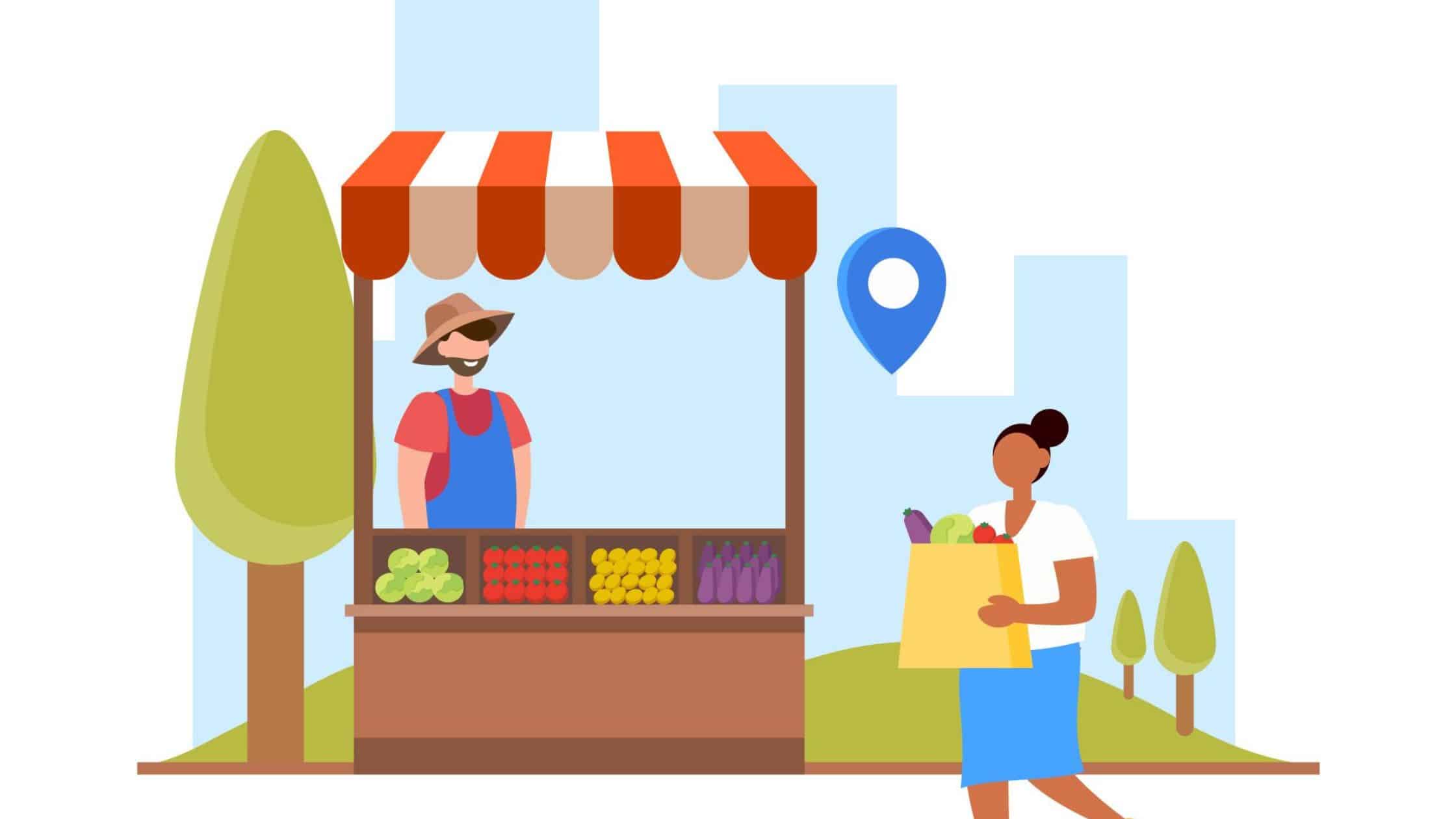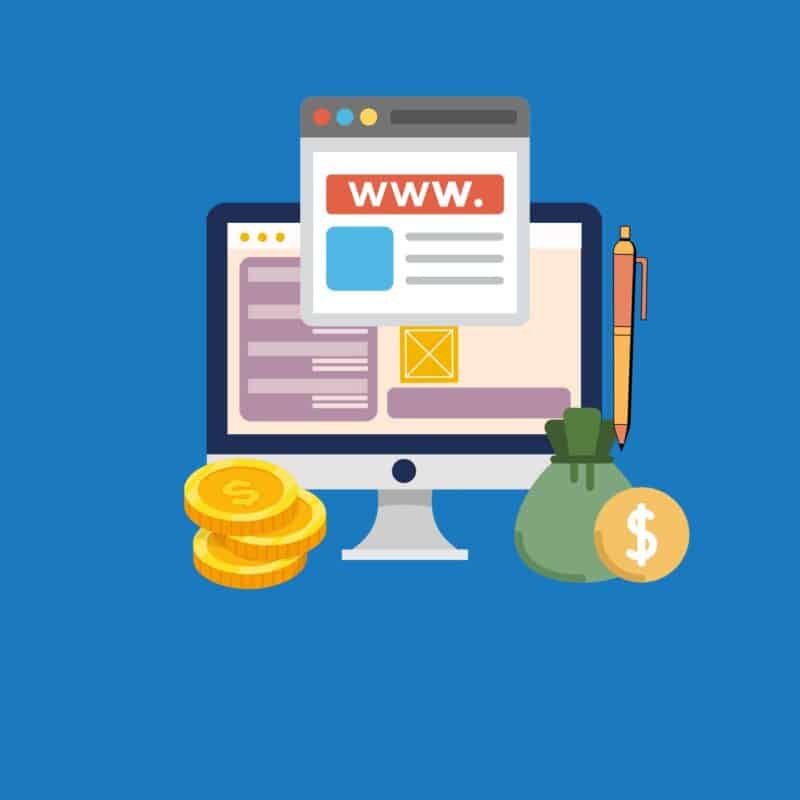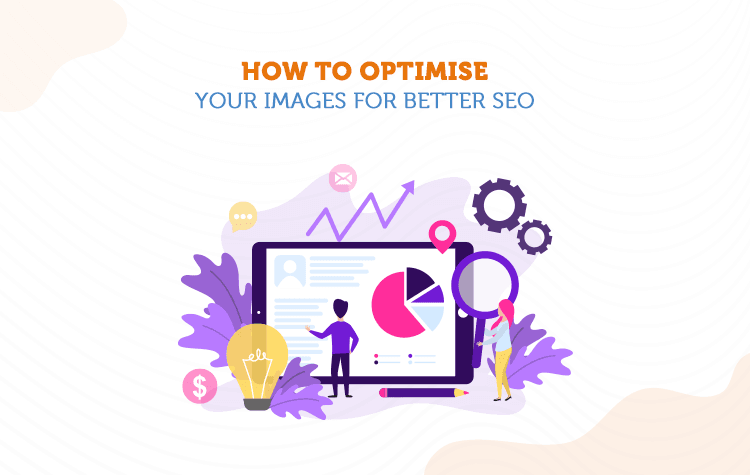Starting a small business is exciting, but the money side can feel cloudy.
You’re not alone. Most founders aren’t sure what to budget or when the bills hit.
Some small businesses start on a lean setup. Others need more cash for premises, people, and gear. The trick is knowing what you must pay upfront, what repeats each month, and what can wait.
This guide breaks down the realistic cost of starting a small business in Australia and whether you can start your own business on a budget.
Factors Affecting Small Business Start-Up Costs
Every small business is different, which means start-up costs can vary quite a bit.
The biggest cost drivers usually come down to your business model, location, and team size. Let’s break down how each one can impact your budget:
1. Business Model and Industry
The type of small business you’re starting will shape most of your expenses.
A solo consultant or freelancer can often get going with a laptop, a website, and basic tools. In contrast, a café, retail shop, or eCommerce brand usually requires inventory, staff, equipment, and fit-out.
Some industries also come with extra compliance or licensing requirements, like food safety, health regulations, or trade certifications, which means more admin and upfront fees.
Service-based businesses tend to be cheaper to start, while product-based or location-based businesses need more investment.
If you’re still deciding who to hire, read our guide to choosing the right web designer for a Melbourne small business.
2. Location and premises
Running a small business from home is much more affordable than renting a physical space.
As soon as you take on a lease, whether it’s a shopfront, café or warehouse, costs increase quickly.
You’ll have to budget for rent, bonds, utilities, council permits, fit-out, signage, and ongoing maintenance. Even the suburb or city you choose affects your set-up and running costs.
If you can operate remotely or start from a co-working space, you’ll save significantly during the early stages.
3. Team Size
Hiring even one employee means extra costs in the form of wages, superannuation, workers’ compensation, payroll software, and potentially HR or legal support.
For small businesses, it’s common to start solo and bring in help later through contractors or freelancers. The bigger your team, the more you’ll spend on onboarding, equipment, systems, and compliance.
Award rates and Fair Work regulations also apply depending on the industry, so it’s important to factor in those minimums early on.
Keeping your team lean in the beginning can free up more cash to invest in growth areas like your website or marketing.
Small Business Start-Up Costs in Australia

The average cost of starting a small business in Australia is about AUD $20,000, plus a three-month cash buffer. However, the exact amount varies quite significantly depending on the business structure and the industry.
When you’re starting a small business in Australia, your start-up costs will include both one-off setup fees and initial working capital to keep things moving until revenue starts to flow.
Start-up costs represent everything you need to legally register your business, build your brand, get the right tools or equipment, and market your services. It’s not just about opening your doors; it’s about being ready to serve customers.
While costs vary depending on your business type, here are the typical start-up cost ranges for different small business categories in Australia:
Professional Services (e.g. consultant, designer, coach)
- Business registrations and insurance: $600 – $2,000
- Website and branding: $2,000 – $10,000
- Laptop, tools and software: $1,500 – $3,000
- Initial marketing: $500 – $2,000
- Total estimated start-up cost: $4,000 – $15,000
Tradie / Home Services (e.g. electrician, plumber, cleaner)
- Business and trade licences: $1,000 – $3,000
- Tools, ute/van, equipment: $5,000 – $20,000+
- Website, local SEO, flyers: $2,000 – $6,000
- Insurance and setup admin: $1,000 – $2,000
- Total estimated start-up cost: $8,000 – $30,000+
Online Store (e.g. Shopify or WordPress/WooCommerce)
- Domain, website, eCommerce setup: $3,000 – $10,000
- Product photography & branding: $1,500 – $5,000
- Initial stock and fulfilment tools: $5,000 – $15,000+
- Ads, email and SEO setup: $1,000 – $5,000
- Total estimated start-up cost: $10,000 – $35,000+
Café or Retail Store
- Lease and fit-out: $30,000 – $150,000+
- Licences, insurance and POS: $5,000 – $15,000
- Staff recruitment and training: $5,000 – $20,000
- Branding, signage, website: $3,000 – $10,000
- Total estimated start-up cost: $50,000 – $250,000+
These cost ranges give you a high-level picture of what it might take to get started. But where exactly does that money go?
In the next section, we’ll break down the total expense of a start-up in the form of one-off set-up costs and ongoing monthly costs.
One-off Costs
One-off costs are the foundation of your small business launch.
They cover everything you need to register your business, set up your brand, and get your tools in place to start serving customers.
These costs are paid once and usually happen before your first sale so planning them early is key to staying on budget.
Business registrations
Every small business in Australia needs to be properly registered before trading.
This includes setting up your ABN (free), registering a business name through ASIC, and applying for any licences or permits required in your industry or state.
If you’re setting up a company (Pty Ltd), you’ll also need to register through ASIC, which costs more than a sole trader structure.

Some businesses also consider protecting their name or logo with a trade mark, which has its own fees.
- Business name registration: $42/year or $98/3 years
- Company registration: From $538 (ASIC)
- Trademark application: From $250 per class
Capital and Equipment
This is everything you need to operate your business, from tools and gear to furniture or fit-out.
Tradies may need a ute and specialised equipment. A café might need seating, kitchen appliances, and POS systems.

For online or professional services, a laptop and basic tech stack may be enough to start.
- Equipment and tools: $1,000 – $20,000+
- Furniture or fit-out: $2,000 – $100,000+
Digital foundations
In today’s world, every small business needs a strong online presence from day one.
That starts with a domain name and professional email, but the biggest investment is usually your website.
A well-built WordPress site doesn’t just look good; it helps convert visitors into customers.
Depending on your needs, you might go with a templated starter site or invest in a fully custom build.
- Domain name: $20 – $50/year
- Business email + hosting: $5 – $15/month
- WordPress website: $1,000 – $15,000+
Initial Marketing Launch
To attract your first customers, you’ll need some essential marketing assets in place.
This might include a logo, brand style, clear messaging, and a few professional images or videos.

You may also want to invest in basic SEO and a small test budget for paid ads.
- Branding and logo design: $500 – $2,500
- Photography or content creation: $500 – $2,000
- SEO and basic ads: $1,000 – $5,000
Ongoing Monthly Costs
Once your small business is up and running, the monthly costs start to roll in. These are the regular expenses that keep your business operating smoothly.
Taxes & Insurance
Every small business in Australia has ongoing tax and compliance obligations.
If you earn over $75,000 per year, you’ll need to register for GST and lodge regular BAS statements.

You may also need to budget for superannuation (11%), PAYG withholding, and insurance like workers’ comp or public liability.
Marketing and Growth
Marketing is a monthly commitment, not a one-off task. To keep leads coming in, you’ll want to invest in consistent activities like content, SEO, email marketing or paid ads.
If your business relies on local search, reviews and SEO, website maintenance and updates will need regular attention too. Hiring freelancers or a marketing partner can help with execution if you’re short on time.
- Ongoing marketing budget: $500 – $3,000+/month
Utilities & Renewals
This includes the day-to-day operational costs like internet, mobile plans, electricity, and software subscriptions.
While home-based businesses keep these low, retail and hospitality setups will see higher overheads. Renewals can also sneak up eventually. Keep track of expiry dates to avoid interruptions.
- Typical utilities + renewals: $100 – $1,500/month
Labour Cost
Hiring staff comes with ongoing obligations, even if it’s just one employee.
You’ll need to budget for wages, super, leave, payroll tax (in some states), and potentially training or onboarding.
Many small businesses start with contractors or casual help before hiring full-time. It’s a flexible way to scale without taking on long-term payroll from day one.

Smart Cost-Control Tips for Small Businesses
When you’re starting small, every dollar counts. Unlike large companies, small businesses often don’t have a cash buffer or investor funding to fall back on.
Keeping your expenses lean doesn’t mean cutting corners; it means spending smarter, being intentional with your setup, and focusing your budget on what truly moves the needle.
Here are five practical ways to manage costs without compromising on quality or impact:
1. Separate One-off vs Ongoing Costs
Know the difference between what you pay once and what repeats every month. This helps you avoid cash flow surprises and plan ahead with confidence.
2. Negotiate with Suppliers and Rent
Don’t be afraid to ask for better terms.
From software subscriptions to your lease agreement, small businesses often get more flexibility than they think, especially if you offer to pay upfront or commit to a longer term.
3. Monitor Cash Flow
Good businesses fail because of bad cash flow. Keep a weekly eye on what’s coming in and going out, and use simple tools or accounting software to spot trends before they become problems.
4. Test and Scale Up
You don’t need to launch at full scale. Start small, whether it’s marketing, inventory, or a service package, then double down on what works once you’ve proven demand.
5. Outsource Services
It’s often cheaper (and smarter) to outsource things like web design, SEO, or bookkeeping to specialists so you can focus on delivering value and growing the business.
Make Your Small Business Website Your Best Salesperson
When you’re starting a small business, every expense needs to work hard.
Your website is one of the most valuable investments you’ll make. It covers branding, marketing, lead generation and credibility, all in one place.
At Nirmal Web Studio, we design small business WordPress websites that are built to convert and easy to manage.
WordPress gives you more flexibility and lower long-term costs than platforms like Wix or Squarespace without locking you into expensive plans.
Want a site that’s worth every dollar? Contact us and give you a clear, fixed-price quote
Small Business Cost FAQs
Why WordPress over other builders?
WordPress is usually better for small businesses because you own the site, avoid platform lock-ins, get stronger SEO options, and can add features cheaply with plugins.
How much should I spend on marketing each month?
A sensible rule is to invest 5–10% of revenue; if you’re pre-revenue, start with a test budget of AUD $500–$3,000 per month, prove what works, and then scale it.
Can I start on a very small budget?
Yes, you can start lean by staging your spend and focusing on revenue drivers first, such as a clear offer, a fast WordPress site, local SEO, and simple payment options.
How long does a small business website take to launch?
A starter WordPress site typically takes 2–6 weeks, while a more custom build with extra pages or integrations usually takes 6–10+ weeks, depending on content and approvals.
What is the cheapest business to start?
Service-based, home-based work is usually the cheapest because it needs minimal equipment, so options like consulting, freelancing, tutoring, virtual assistance, cleaning, or pet care are ideal.
What is the average startup cost for a business?
A practical planning average for a lean small-business launch in Australia is about AUD $20,000, plus a three-month cash buffer for operating costs.


